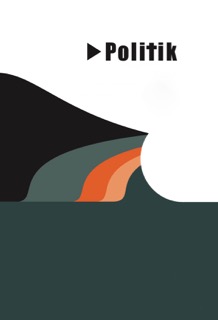What kind of nation state will Greenland be? Securitization theory as a strategy for analyzing identity politics
DOI:
https://doi.org/10.7146/politik.v20i3.97156Resumé
Arctic geopolitics is a moving target - and Greenland, determined to emerge as a sovereign nation state, is a particularly dynamic quantity. The choices currently made in language policy about how to prioritize the Greenlandic, Danish, and English languages will be putting Greenland on very different routes towards and beyond independence. The article modifies the analytical strategy prescribed by Copenhagen School Securitization Theory to produce a nuanced picture of national identity politics, the tensions involved, and scenarios for the future. Analysis of the 2002 and 2016 debates on language supplements the received image of what constitutes Greenlandic identity, centered on language and iconic material cultural practices, with conspicuously modern elements like democracy and welfare. Advancing formally from 'home rule' to 'self-government' has shifted the debate towards material challenges - prompting a more prominent role for the English language, in turn pointing Greenland towards new alliances in Arctic geopolitics.
Downloads
Publiceret
Citation/Eksport
Nummer
Sektion
Licens
Forfattere, der publicerer deres værker via dette tidsskrift, accepterer følgende vilkår:
- Forfattere bevarer deres ophavsret og giver tidsskriftet ret til første publicering, samtidigt med at værket er omfattet af en Creative Commons Attribution-licens, der giver andre ret til at dele værket med en anerkendelse af værkets forfatter og første publicering i nærværende tidsskrift.
- Forfattere kan indgå flere separate kontraktlige aftaler om ikke-eksklusiv distribution af tidsskriftets publicerede version af værket (f.eks. sende det til et institutionslager eller udgive det i en bog), med en anerkendelse af værkets første publicering i nærværende tidsskrift.
- Forfattere har ret til og opfordres til at publicere deres værker online (f.eks. i institutionslagre eller på deres websted) forud for og under manuskriptprocessen, da dette kan føre til produktive udvekslinger, samt tidligere og større citater fra publicerede værker (se The Effect of Open Access).

